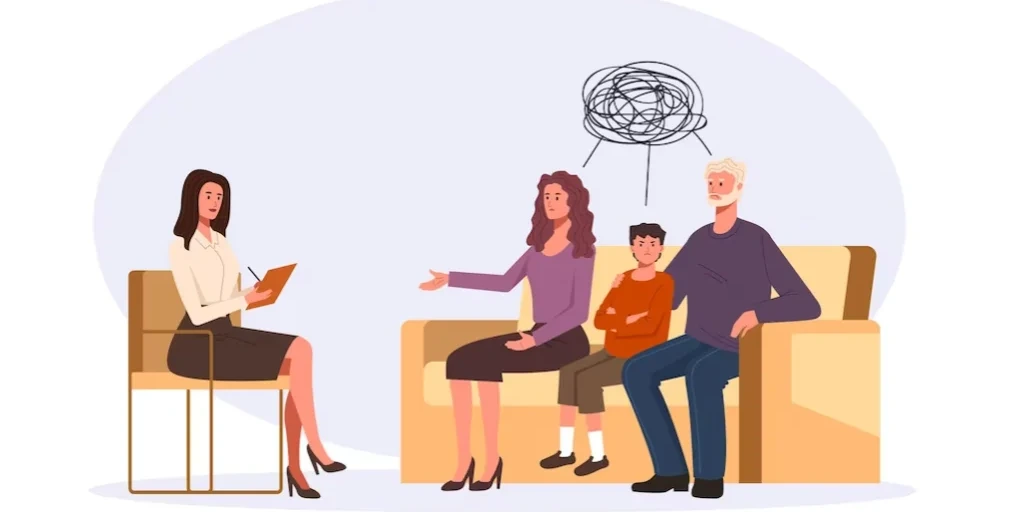24/7 Helpline:
(866) 899-221924/7 Helpline:
(866) 899-2219
Learn more about Eating Disorder Treatment centers in Fishersville
Eating Disorder Treatment in Other Cities

Other Insurance Options

Magellan Health

Ceridian

Lucent

Health Net

State Farm

Humana

BlueCross

Aetna

Meritain

Optima

Coventry Health Care

Amerigroup

UnitedHealth Group

United Health Care

American Behavioral

Horizon Healthcare Service

BlueShield

Access to Recovery (ATR) Voucher

CareFirst

MVP Healthcare

Augusta Health – Recovery Choice
Augusta Health Recovery Choice is a Joint Commission accredited substance abuse rehab center in Fish...

Augusta Medical Center – Crossroads Mental Health
Augusta Medical Center – Crossroads Mental Health is a private rehab located in Fishersville, Virgin...









